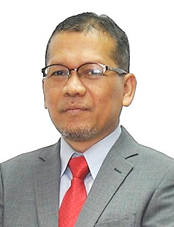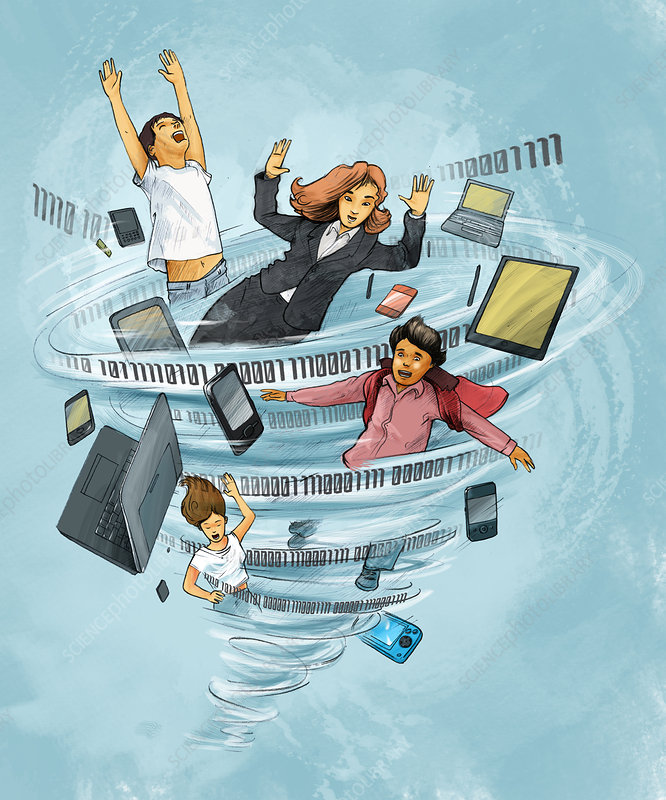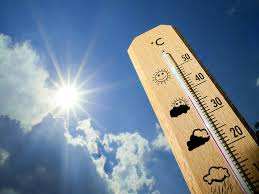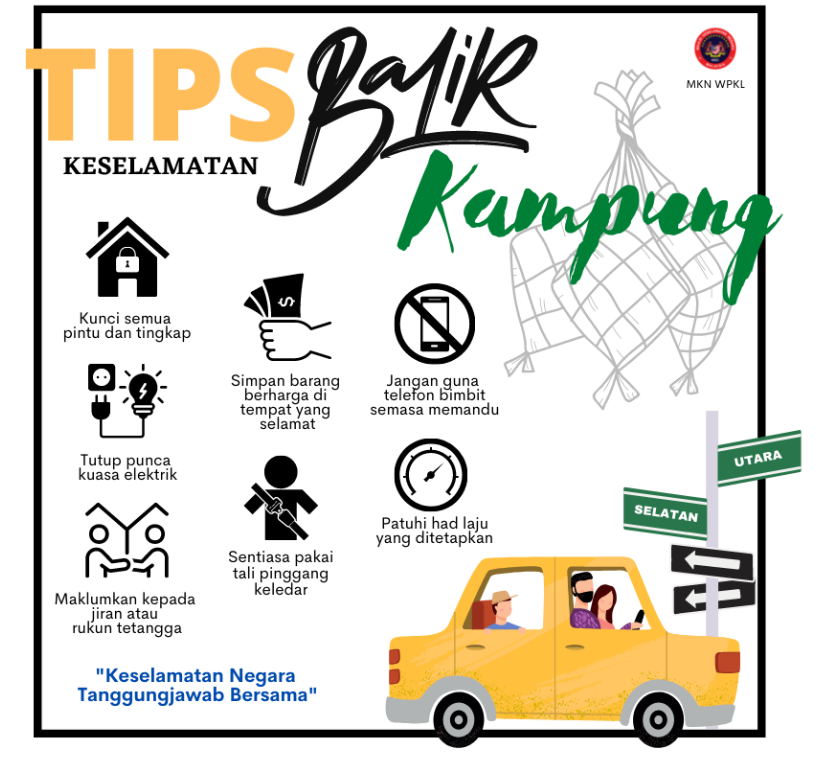By: Professor Dr. Ahmad Hariza Hashim
A consumer is a person who consumes goods, services and gift of nature for his/her satisfaction and general well being (Bishan Singh, 1992). This definition also shows the complexity and the important role play by consumer in the market. Nowadays consumer is facing a more complex market, challenged by growing amounts of information and an expending choice of products. The choices that consumer make can have significant impact to the society, economy and also to the environment. Nowaday, the consumption made by consumer, especially in economically vigorous regions has increased in volume and variety to such depths that living, thriving, suffering and dying are more interdependently connected to the acquiring, owning and disposing of products than in any other historical era. Consumption by consumer now facilitates myriad of purposes and consequences, from nourishment, empowerment and renewal, to gluttony, disfranchisement and destruction (Mick, Pettigrew, Pechman and Ozane, 2011).
Consumer behavior has changed especially among the young consumer. The way they think and act is different from the old generation consumer. In the West, this is what happening, especially among the young generation. They are known as the new consumer where they are smarter, more empowered and more demanding than previous generations of shoppers. They make full use of online tools to connect with others and secure the right buyers. They don’t want to follow or adopted the consumer culture adopted by the previous generation. They believed that if they were to maintain the current lifestyle than they would not be able to survive and to continue living in this world. The new consumer will look for goods that are more ‘green’ or sustainable and appear to be willing to sacrifice either time to search for the product, effort in searching for the product and also to spend a little bit more for the product that they believed can help improve their consumption. There are several crucial consumer trends observed. They are embracing more ways. to participate in the funding, launch and growth of new products meaning they wanted to know and be involved in the development of the products sell in the market. Theyy want to ensure that the product is what needed by them and not something created by the industries for them. They also are more eco-trend in trend and look at the product which is rather being discarded when no longer used or even to and extend being recycled by others, they want the product that can be given back to nature to grow something new. The have a data mining mentality where they seek to own and make the most of their lifestyle data and turn brands that use this data to proactively offer customers help and advice on how to improve their behavior, save money, the environment and the world. They expect to get just the right product, with ongoing Eco concerns and the desire for more local and domestic products believing that this will reduce the carbon footprint where less transportation. A product which does not embark in a long journey towards a more sustainable and socially responsible product and producer. They also want a brand that has nothing to hide and to pro-actively shows and proved to them there have nothing to hide.
The present approach of consumer is no longer suitable with the current scenario. The market has changed, but the consumer education remains static. In the early development of the consumer education approach it puts emphasized on producing a successful consumer by exposing them with their rights and how to plan a good budget. This approach is believed to be the best method of defence for consumers when they in the market. However, with the present market situation the approach is no longer suitable. It does not help to prepare consumer to be safe when they are in the market. Then the approach adopted consumer empowerment where the consumer was to be given more information, fact and advice and also about their right and responsibilities. Definition of consumer education is critical in this regard: it can be defined as a process of developing and enhancing skills and knowledge to make informed and well-reasoned choices that take societal values and objectives into account (OECD, 2009). The process is not so much on the provision of consumer information regarding products, services, the environment and other consideration, but rather the continuous cultivation and development of living skills which would include cognitive skills such as critical and conceptual thinking, knowledge and literacy skills (to read, to write and count). The skills that need to be developed are decision making in the purchase of goods and service in the light of personal values, maximum utilization of resources, available alternatives, ecological considerations, changing economics, critical thinking, problem solving and action, becoming knowledgeable about the law, their rights and methods of recourse. Develop understanding of the citizen’s role in the economic, social and government systems and how to influence that system making them responsive to consumer needs. In short, they should be sociallyenvironmentally responsible and solidarity and it should also address social justice, human rights, ethical values and overcoming poverty and enables to contribute towards the formation of a participative, critical and competent citizenship.

Writer
Professor Dr. Ahmad Hariza Hashim
Dean, Faculty of Human Ecology, UPM
President, Malaysian Consumer and Family Economics Association (MACFEA)
2018/2020
Date of Input: 19/07/2019 | Updated: 19/07/2019 | rozlita
MEDIA SHARING































